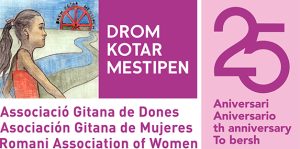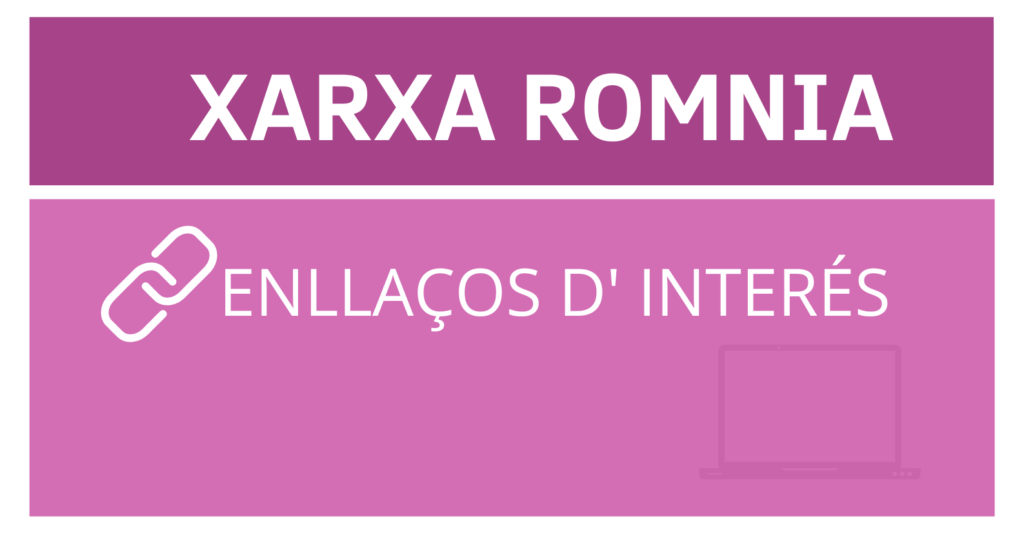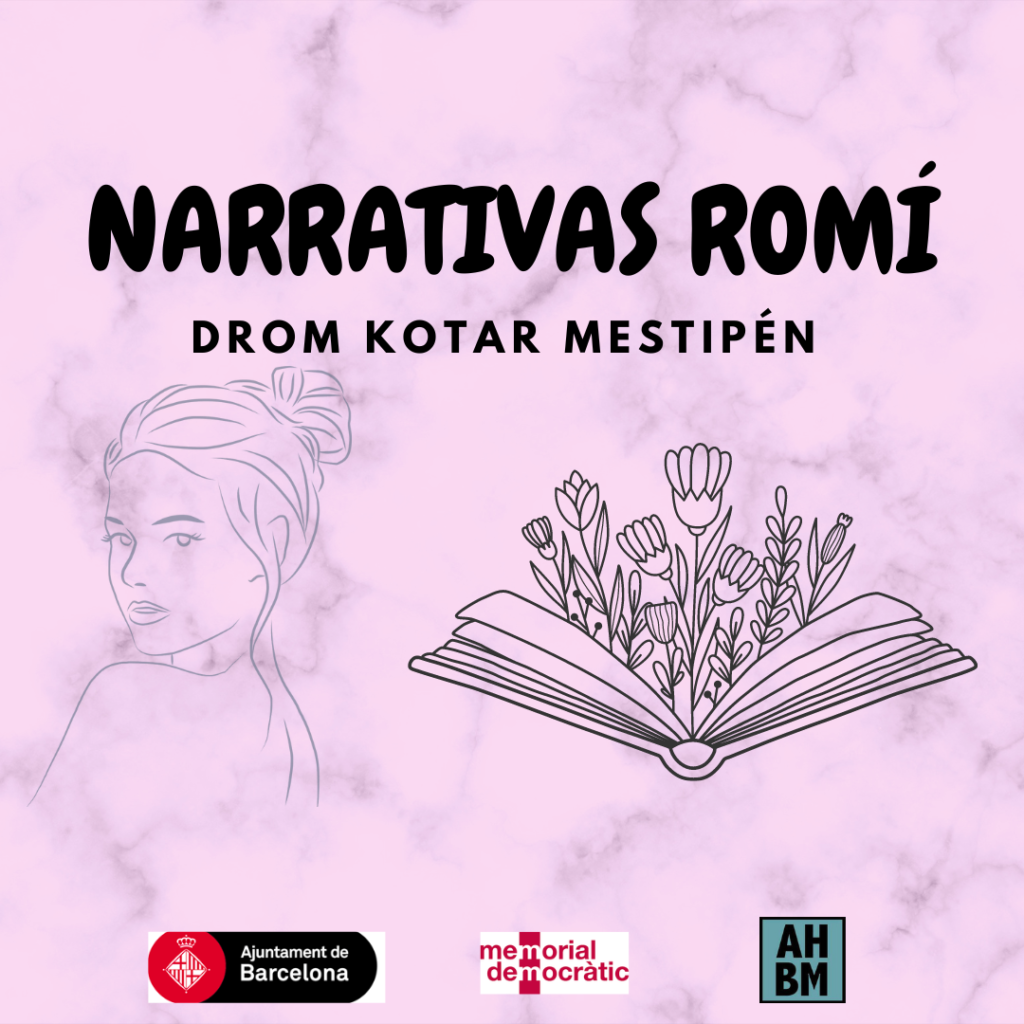The Xarxa Romnia project was born from the needs of the participating women.
During the trajectory of our entity, there have been many cases of women who came to the association looking for answers to different situations, and in which we perceived that the information did not reach them.
With this project we intend to guide, advise and accompany women who are in different circumstances, facilitating access to information.















